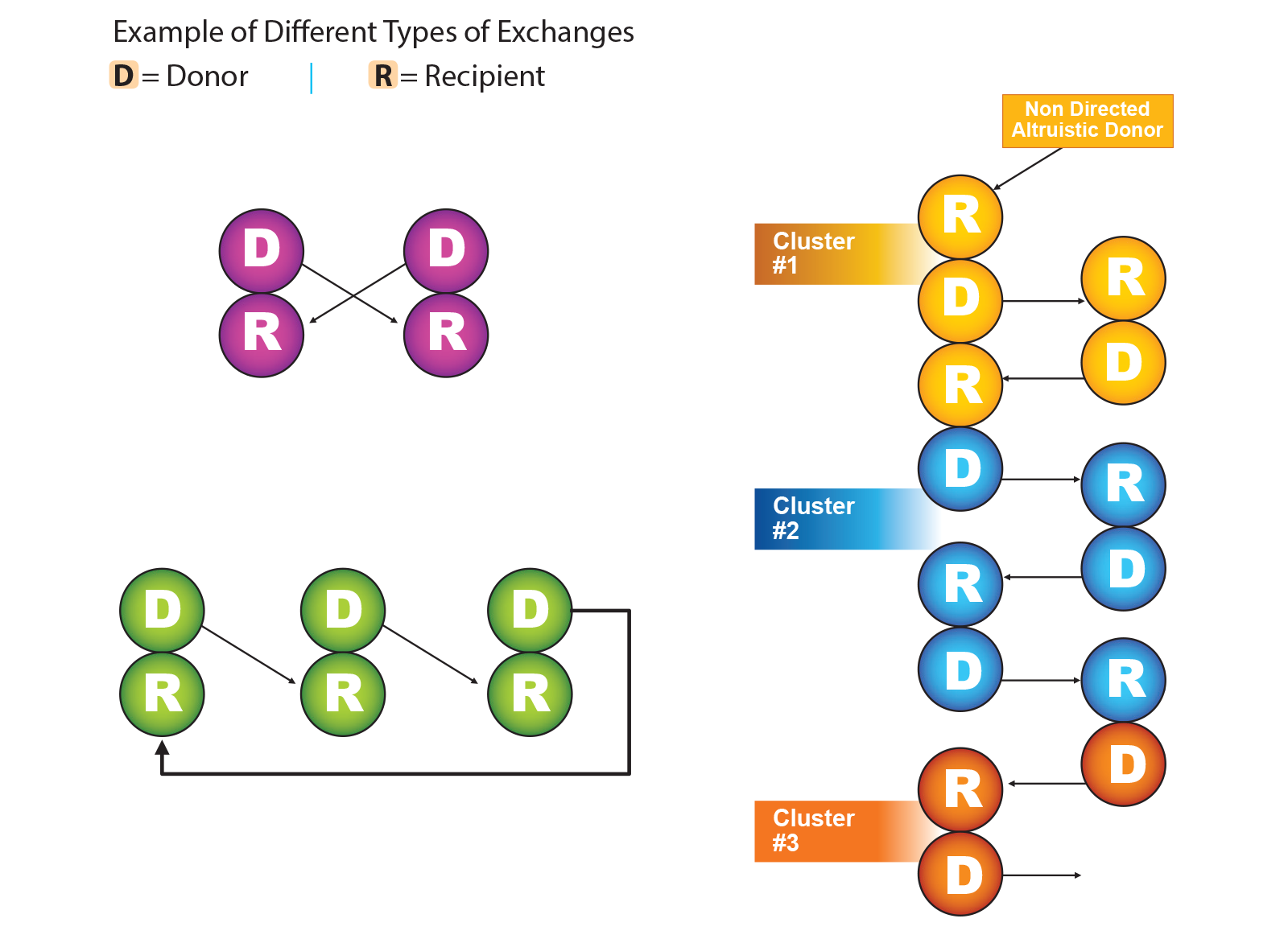Additional Factors Play Part in Kidney Transplant Success
The process of receiving a kidney transplant is rooted in finding a compatible donor, whether living or deceased. Compatibility is determined by both blood type and the matching of Human Leukocyte Antigens (HLA). HLA’s are what stimulate the production of antibodies, which are produced by the immune system in response to a foreign body. HLA make-up is inherited from your parents, which typically makes immediate family members the best match for donation. However, it is possible for individuals to develop sensitivities to HLA antigens because of pregnancies, blood transfusions or viral/bacterial infections. These sensitivities are also tested to determine overall compatibility [...]


